Questioni have a 8 year old xbreed that can be quite aggressive and barks constantly at anything that enters out street which the neighbours are getting abit sick of i also have a 12 week old boxer pup that is constantly jumping on him or biting him i was told to just leave them that my older dog will put him in his place but the older dog runs away if he has a toy the pup will take it off him if he wants to lie down the pup will move him on im worried that the pup is getting to big for his boots and dominate the older dog or worse case the older dog will see red one day and attack him any ideas on how to fix these issues
AnswerI would say the dogs lack social manners. You did not mention if they had any obedience training. Obedience training includes socialization with other dogs and people. A 12 week old, or any dog still in the puppy stage, is going to be much more active than an older dog. The same is true for cats. The mature animal does not want to be bothered by the youngster. Depending on the older dogs point on the aggressive-avoidance behavior scale the older dog may or may not finally attack the younger dog. The older dog certainly needs a private place to be alone as it desires and to escape the younger dogs active behavior.
Barking is innate in that most breeds of dogs are protective of their family (pack) residence and belongings. Barking is a mild form of dog communication that says, stay away this is my space. There are specific training techniques to stop barking. These will require a professional trainer. Desensitization and socialization come about as the dogs learn from watching each other in obedience class. Lacking that, you need to be the example for the dogs.
All dog training is based on Pavlov and Skinner operant training. Do something get a reward. We work, get a reward (money) and use that to get what we want. The dog has to learn to obey a command to get what it wants (reward). Reward is everything you provide the dog. Work is following a command. We make widgets, the dog: Sit, down, come, leave it, take it, over, under, heel, etc. WIIFM, what is in it for me. Consider it from the dogs point of view: I want food. The owner says sit. If I sit, the owner slowly lowers the dog food to the floor. If I move, the owner stops lowering the dish holds it in place and tells me to sit again. When I sit, the food gets closer to the floor. When the food is on the floor and the owner stands up, I am told, take it and I am allowed to eat. You use the word WAIT with sit to indicate to the dog that you want it to wait while you provide the reward and to not break command until you tell it to.
In barking, you have to provide a distraction that will get and keep the dogs attention away from whatever it is barking at. You have to watch the dog (set it up for a situation where you know it will bark) then intervene immediately. Clicker training is easier at this since you can make the noise much faster than physical movement or speaking. Once you have the dogs attention it immediately gets a tiny reward. The opposite of reward is no reward.
If the dog is barking to get attention, the action is to not give it any attention. When it silences, wait a short while, call the dog and then give it attention. Think of the 2 yr old that is constantly saying mommy mommy mommy mommy until mommy give it what it wants. The dog is acting in the same behavior pattern.
regards
Henry Ruhwiedel
www.dogkennel.org

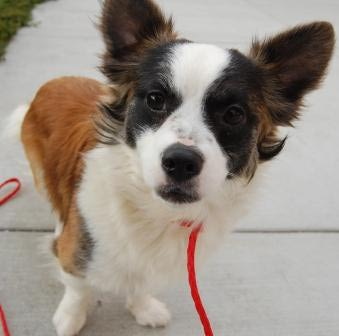 How do you feel about citronella collars?
QuestionPanda
QUESTION: I have a male Corgi mix,
How do you feel about citronella collars?
QuestionPanda
QUESTION: I have a male Corgi mix,
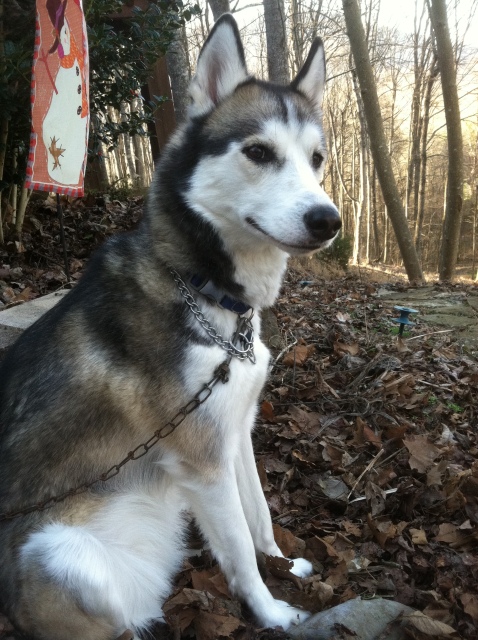 Is putting my dog in a cage a good form of punishment?
Question
Blue
My Siberian husky, Blue, as been b
Is putting my dog in a cage a good form of punishment?
Question
Blue
My Siberian husky, Blue, as been b
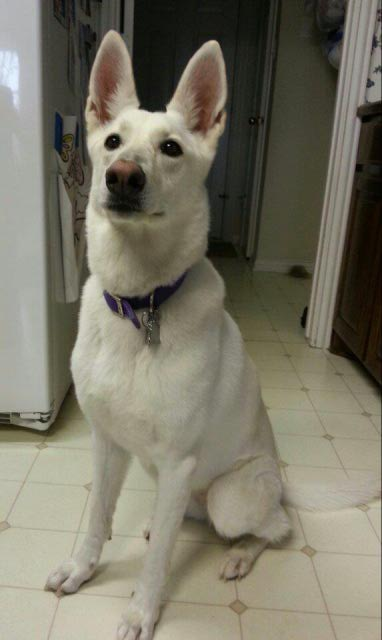 White German Shepherd Aggression
Question
Chloe
A little background on my dog Chl
White German Shepherd Aggression
Question
Chloe
A little background on my dog Chl
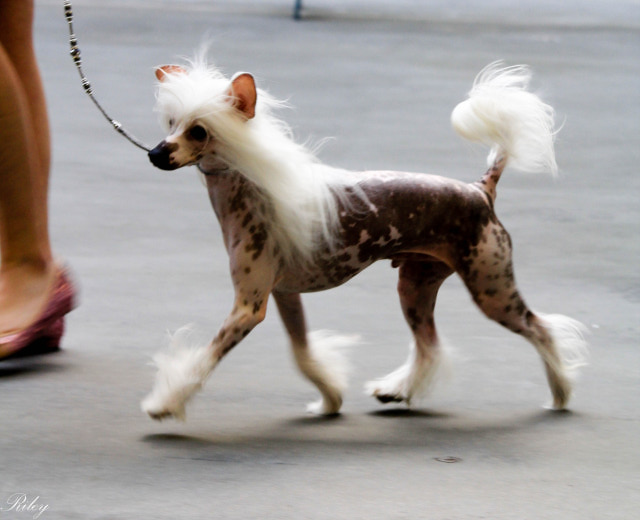 Territory Marking
QuestionHi Kathleen and thank you in advance.
I have a
Territory Marking
QuestionHi Kathleen and thank you in advance.
I have a
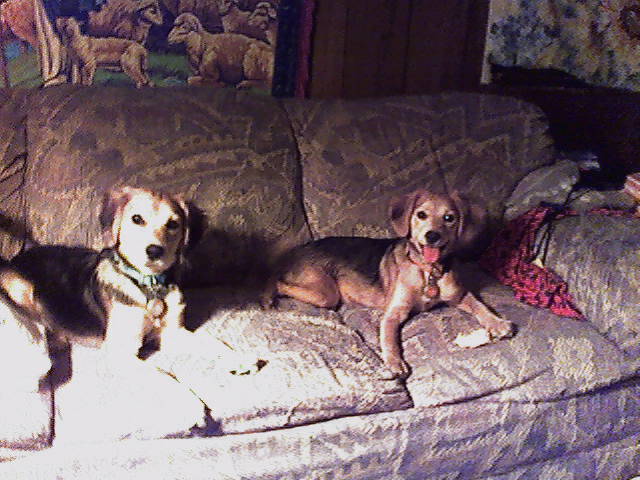 bladder issues in rescue pups
Question
collie-shepherd pups
We have had two rescued s
bladder issues in rescue pups
Question
collie-shepherd pups
We have had two rescued s